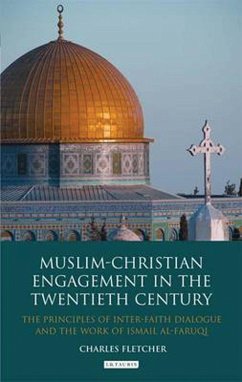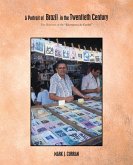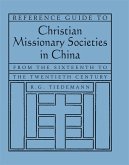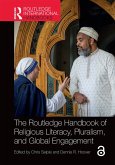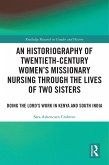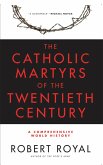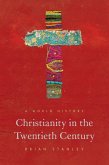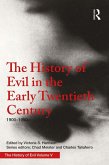Christian-Muslim dialogue grows increasingly important, but little is known about individual Muslim dialogical thinkers. Born in Palestine in 1921, Ismail al-Faruqi was a leading figure in the development of conversation and debate across faiths in North America in the second half of the twentieth century, and was actively engaged in inter-faith study and dialogue. Al-Faruqi founded the Islamic Studies programme at Temple University, Pennsylvania where several distinguished Muslim intellectuals have taught, such as Seyyid Hossein Nasr, Mahmoud Ayoub and Hasan Hanafi. Along with Kenneth Cragg and Wilfred Cantwell Smith, al-Faruqi was an active participant in Muslim-Christian dialogues in the 1970s and the 1980s. Charles Fletcher here presents the first study dedicated to Ismail al-Faruqi's theory and practice of interfaith dialogue. Analysing al-Faruqi's sometimes provocative ideas on the comparative study of religion, dialogue and practical engagement, the author provides an illuminating study of the life and thought of this important scholar.
Tracing the development of al-Faruqi's ideas and practice of inter-faith dialogue, Fletcher shows how Muslim intellectuals engaged in such attempts viewed their role as representatives of the worldwide Muslim community. With perceptive insights into the history of contemporary Muslim-Christian dialogue, this book will be invaluable for all those interested in inter-faith relations, comparative religious studies, North American Muslims and Islamic studies.
Tracing the development of al-Faruqi's ideas and practice of inter-faith dialogue, Fletcher shows how Muslim intellectuals engaged in such attempts viewed their role as representatives of the worldwide Muslim community. With perceptive insights into the history of contemporary Muslim-Christian dialogue, this book will be invaluable for all those interested in inter-faith relations, comparative religious studies, North American Muslims and Islamic studies.

